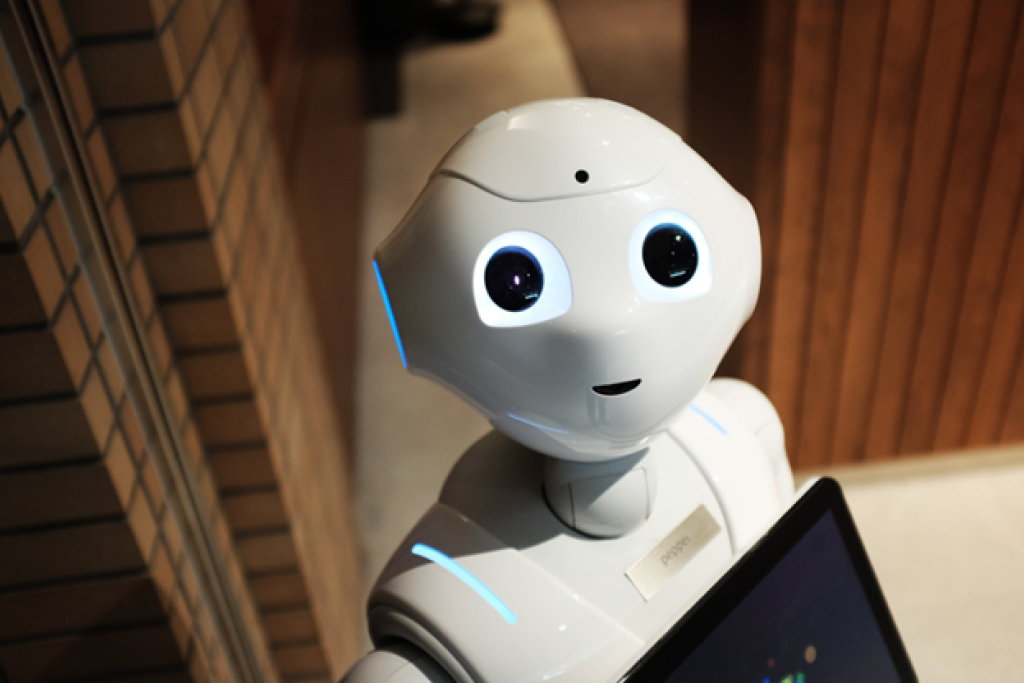What Is Corporate Sustainability Management?
Corporate sustainability management (CSM) is aligning business operations so that they are sustainable within environmental constraints. CSM encompasses everything from reducing energy consumption, recycling waste, providing greener products, etc.
How Can AI Help Companies Achieve Sustainability?
1) Collecting and Storing Data


2) Measuring Previous Success and Progress
3) Predicting Future Results
4) Identifying Problems
Not only can AI identify problems, but it can also suggest solutions. A key part of any successful corporate sustainability strategy is data collection. And as mentioned earlier, AI can collect all kinds of data from various sources and make sense of it. Then, using machine learning techniques, AI can generate insights based on the collected information.
For example, an AI-based system could generate a report showing which products within a company are responsible for more greenhouse gas emissions than others. The solution would include recommendations for changing production practices to reduce emissions.
This way, a company can make informed decisions about changing its strategy or continuing down a particular path. It can also identify areas where improvements are still needed. In other words, AI can provide insight into sustainability problems that may not otherwise have been obvious.
5) Aligning People With Goals
Corporate sustainability management requires collaboration across multiple departments. However, companies often rely on manual collaboration processes like emails or in-person meetings. While these methods may be effective in the short term, they’re less than ideal in the long run.
AI can help companies overcome this challenge by providing tools that align people around their shared goals. For example, an organization could use AI to ensure that employees work towards common objectives by tracking their activities. This information could be displayed as charts or graphs so everyone involved can see at a glance what’s happening.
6) Optimizing Resources
AI can also help optimize resources, leading to better sustainability outcomes. If a company is trying to figure out where to buy products or services, AI can sift through hundreds (or even thousands) of vendors to find ones that meet its criteria.
It can compile data like news and social media posts to match those vendors against its requirements. Then, AI can use machine learning to recommend suppliers that fit well. As a result, companies can stick to their corporate sustainability management strategies without sacrificing quality.
The Bottom Line
Sustainability managers at businesses are encouraged to use AI to improve their operations while minimizing environmental impacts. Using AI to automate tasks, manage projects, and identify problems are just some of the ways companies are making sustainability smarter. Over time, the benefits will become clear as companies reap the rewards of sustainable business models.
by: Chatty Garatte
- By admin





